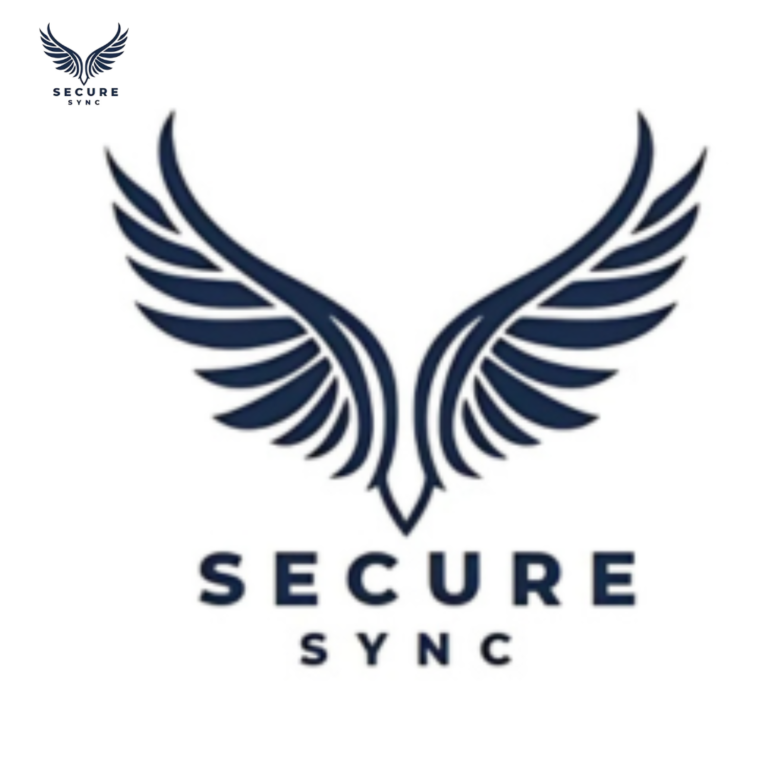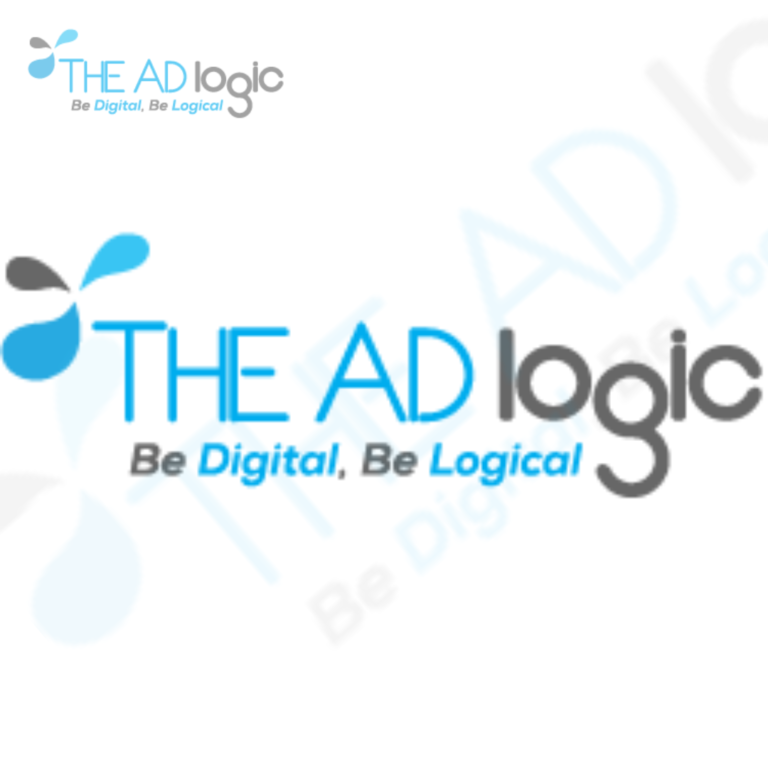In recent years, the term Pods has taken on a life of its own, branching into various industries and becoming a symbol of innovation, efficiency, and adaptability. From housing and workspaces to coffee machines and data centers, pods are reshaping the way we live, work, and interact with technology. But what exactly are pods, and why are they gaining so much traction across different sectors?
In this article, we’ll explore the many faces of Pods from their roots in modular living to their evolution in tech and consumer products. Whether you’re a business owner, homeowner, tech enthusiast, or someone simply curious about the future, understanding pods might give you insights into the trends shaping tomorrow’s world.
What Are Pods?
At their core, Pods are compact, self-contained units designed for specific purposes. The beauty of this concept lies in its simplicity and adaptability. Think of pods as modular components that can function independently or integrate seamlessly into larger systems.
Pods come in many forms:
- Living pods for housing or travel
- Work pods for focused productivity
- Coffee pods for single-serve brewing
- Data pods in IT and cloud infrastructure
- Storage pods for moving or organization
- Eco pods for sustainable farming or energy use
Each of these represents a growing movement toward modularity — breaking down large, complex systems into smaller, more manageable pieces. The result? Greater flexibility, scalability, and efficiency.
The Rise of Living and Work Pods
One of the most revolutionary applications of pods has been in architecture and urban planning. Living pods — tiny, portable, often sustainable homes — have gained popularity as people seek affordable, minimalist lifestyles without sacrificing quality.
These self-contained units often feature:
- Solar power
- Composting toilets
- High-efficiency insulation
- Smart-home integration
- Mobile foundations
Companies like KODA, Nestron, and Pod Space are leading the charge in creating livable pods that can be placed almost anywhere — urban rooftops, remote countryside, or disaster relief zones. The appeal is clear: affordable, eco-friendly living without the traditional burdens of real estate.
Similarly, work pods are reshaping how professionals approach productivity in a post-pandemic world. With remote work becoming the norm, individuals are turning to backyard office pods — small, private units that provide a distraction-free environment for meetings, coding, writing, and more.
The advantages of work pods include:
- Reduced commuting
- Better work-life boundaries
- Soundproofed spaces
- Improved mental health
- Increased focus and creativity
As businesses and freelancers search for innovative workspace solutions, (Pods) are quickly becoming the answer.
Pods in Technology: Beyond the Surface
In the tech world, pods have taken on a different but equally transformative meaning. In cloud computing and containerization — particularly in systems like Kubernetes — a “pod” refers to a group of one or more containers that share storage and network resources.
These software pods allow developers to:
- Deploy applications efficiently
- Scale systems with minimal overhead
- Isolate services for security
- Automate updates and rollbacks
The popularity of pods in tech is largely due to their modular, scalable nature. As businesses adopt microservices architecture, pods become essential in maintaining agile, robust digital infrastructures.
Even outside cloud computing, the concept of pods permeates IT infrastructure. Data center pods, for instance, are modular data centers that can be deployed rapidly and customized to meet specific processing or storage needs. This modularity not only saves costs but also allows for faster innovation cycles.
Coffee Pods: A Household Revolution
While modular living and IT infrastructure are transformative, one of the most widespread uses of the term pods can be found in kitchens around the world. Coffee pods — made popular by brands like Nespresso and Keurig — have completely redefined how people make coffee at home and in the office.
These single-serve pods offer:
- Convenience
- Minimal cleanup
- Consistent taste
- Variety of flavors
However, the rise of coffee pods has not been without controversy. Environmentalists have raised concerns about the waste generated by single-use pods. In response, many companies are now investing in recyclable or compostable pods, and encouraging customers to return used pods for proper disposal.
Innovations in this space, such as reusable stainless-steel pods and biodegradable materials, aim to combine convenience with sustainability — a balance the industry must achieve to remain viable in the long term.
Storage and Moving Pods: Simplifying Transitions
Another popular use of pods is in the moving and storage industry. Companies like PODS (Portable On Demand Storage) have become synonymous with a simpler, more flexible way to move or store household items.
The process is straightforward:
- A storage pod is delivered to your location.
- You load it at your convenience.
- It’s picked up and stored or delivered to your new location.
This system offers enormous flexibility compared to traditional moving services. You control the pace, avoid tight scheduling windows, and reduce the stress of relocation. It’s also scalable — one pod for a small apartment or multiple pods for a full household.
From long-distance moves to temporary storage during renovations, these (Pods) have redefined logistics for millions.
The Green Potential of Pods
Environmental concerns are a consistent theme across industries, and pods are emerging as part of the solution rather than the problem. Whether it’s eco-pods for off-grid living or smart farming pods that reduce water use, the potential for sustainability is enormous.
Some notable examples include:
- Urban farming pods: Modular greenhouses that allow city dwellers to grow produce year-round.
- Energy pods: Portable solar or wind energy units that provide clean power in remote areas.
- Water purification pods: Compact systems that offer clean drinking water in disaster zones or underserved regions.
These applications show how pods can deliver functionality, portability, and environmental responsibility in a single package.
Education, Healthcare, and Emergency Response Pods
Pods are also transforming public services. In education, learning pods became a popular solution during the COVID-19 pandemic, where small groups of students studied together in safe environments outside traditional schools.
In healthcare, medical pods are used for:
- Mobile vaccination units
- Isolation chambers
- Emergency field hospitals
These medical and educational (Pods) provide rapid, scalable solutions that can be deployed wherever needed. During natural disasters or pandemics, their role becomes even more critical — saving lives and maintaining access to essential services.
The Psychology Behind Pods
Why are we so drawn to pods? There’s a psychological comfort in small, defined spaces — think of reading nooks, phone booths, or cozy cabins. Pods offer privacy, control, and personal space in a world that often feels overwhelming.
Especially in urban environments, where space is limited and noise is constant, pods offer a refuge. They provide a buffer between us and the outside world — a customizable, protected zone where we can focus, relax, or recharge.
Challenges and Future Outlook
Despite their many benefits, pods are not without challenges. Key issues include:
- Waste and sustainability (especially with disposable products like coffee pods)
- Affordability of high-tech or luxury pods
- Zoning laws restricting the placement of housing or work pods
- Security concerns in IT pods or isolated physical units
However, these challenges are not insurmountable. As technology improves and regulations evolve, the adoption of pods is likely to continue across industries.
Conclusion: Are Pods the Future?
In a world increasingly defined by change, mobility, and personalization, pods offer a compelling solution to many modern problems. Whether you’re looking for a smart home, an agile workspace, a secure cloud architecture, or just a better cup of coffee, (Pods) are likely part of the answer.
Their modularity, efficiency, and adaptability make them a valuable concept — not just a trend, but a paradigm shift. As innovation continues, the humble pod could become the building block of a more sustainable, flexible, and human-centered future.


